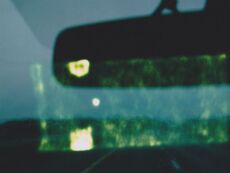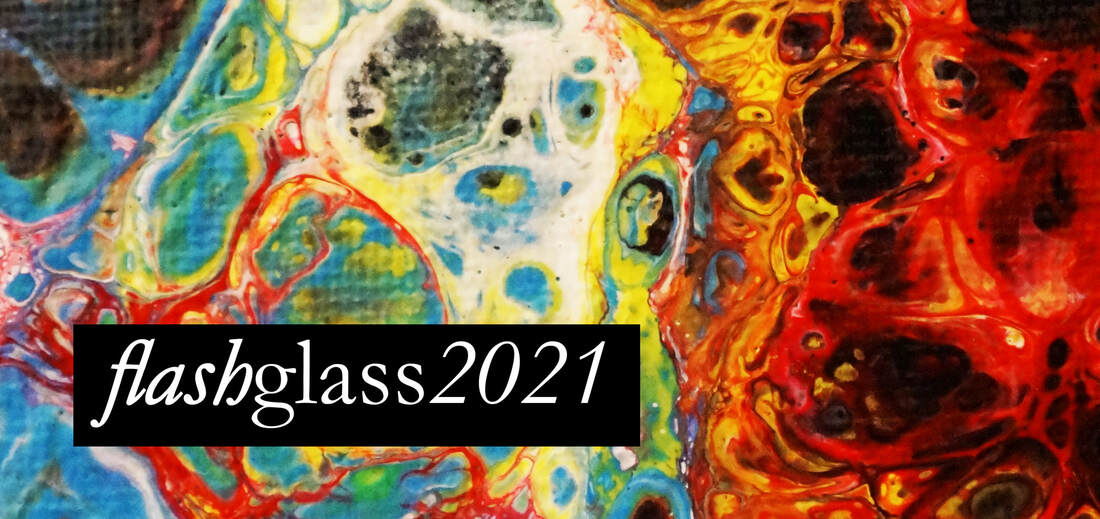 So what now with the house gone? We weren’t allowed, a fireman said, to sift through the remains until we discussed it with our house insurance. Nails could cause injuries and the bare skeleton walls that survived could collapse at any moment. Windburned and dried eyes, we watched them hose the last of the embers. A police officer asked for our information and said the Red Cross would come by. Offered condolences. A stranger approached us, passed out a pamphlet for his contractor’s company, then offered condolences. Neighbors came by foot and car, wide-eyed, at the tidy disaster. When the fire was 100% contained and evacuation orders lifted, only three houses were destroyed. Ninety-three acres blackened and reminded us of the other time our same block—because most of it was just yellow dry grass—burned without consuming any homes. That time, our house was lucky; the coops were untouched, peach trees bountiful, even the bees under the front porch eave whirled around paying no attention. What were we supposed to do? Don old face masks found in the van and roamed the clothing section of Wal-Mart an hour before the store closed. Bought underwear, shirts, pants, toothbrushes, and towels with the Red Cross’s cards, totaling in the high hundreds for the nine of us. Drove to my married sister’s house across town and slept on couches and mattress toppers. My younger brother cried and so did two of my sisters. What did we forget? Grandmother’s traditional clothes, sewn by her mother in Laos. Grandfather’s last words to my father, recorded on an old Samsung phone. VHS home videos of my sisters karaoking and lip syncing to classic tunes. Brothers’ baby pictures, professionally taken with the moon and American flag as backdrops. My parents’ photos from the early 90s and 2000s--taken next to our neighbor’s floral garden, wearing puffy dresses and black suits as well as our traditional outfits—kept in large albums. Their documents from the refugee camp. Even the clothes mother sewed. The personal inventory list took weeks to complete. We didn’t know how to calculate all that loss. Why did this happen? We checked CAL-FIRE daily but the cause was never updated. Insurance put us in a hotel for two weeks while we searched for a rental house but northern California lacked homes, especially after the Camp Fire. We still had doctor’s appointments. We checked the mailbox. We visited relatives despite COVID because grandmother craved jasmine rice and greens and I wanted anything but the constant fast food that cemented my stomach. We went back to the site and poked through wreckage but it was the sight of the chicken carcasses in the backyard that prompted my older sister to weep, insisting that their souls must be furious. What did I remember? Dreading smoke clouds. Screaming for my older sister to flee the garden. Heaving grandmother’s suitcase into the van. Demanding everyone to get in the car. Seeing the house in the rearview mirror and believing the ancestors would protect it. Crying while driving because there was no home to return to. The bees and how, two days before the fire, my father sprayed them with water and destroyed their nests after all these years of tentative co-existence.
0 Comments
Leave a Reply. |
FLASH GLASS: A MONTHLY PUBLICATION OF FLASH FICTION, PROSE POETRY, & MICRO ESSAYSCategories
All
COVER IMAGE:
|
|
Glassworks is a publication of Rowan University's Master of Arts in Writing 260 Victoria Street • Glassboro, New Jersey 08028 [email protected] |
All Content on this Site (c) 2024 Glassworks
|



 RSS Feed
RSS Feed
